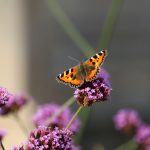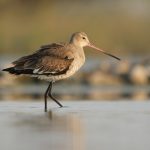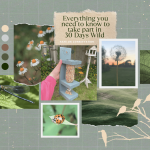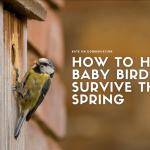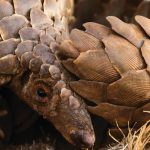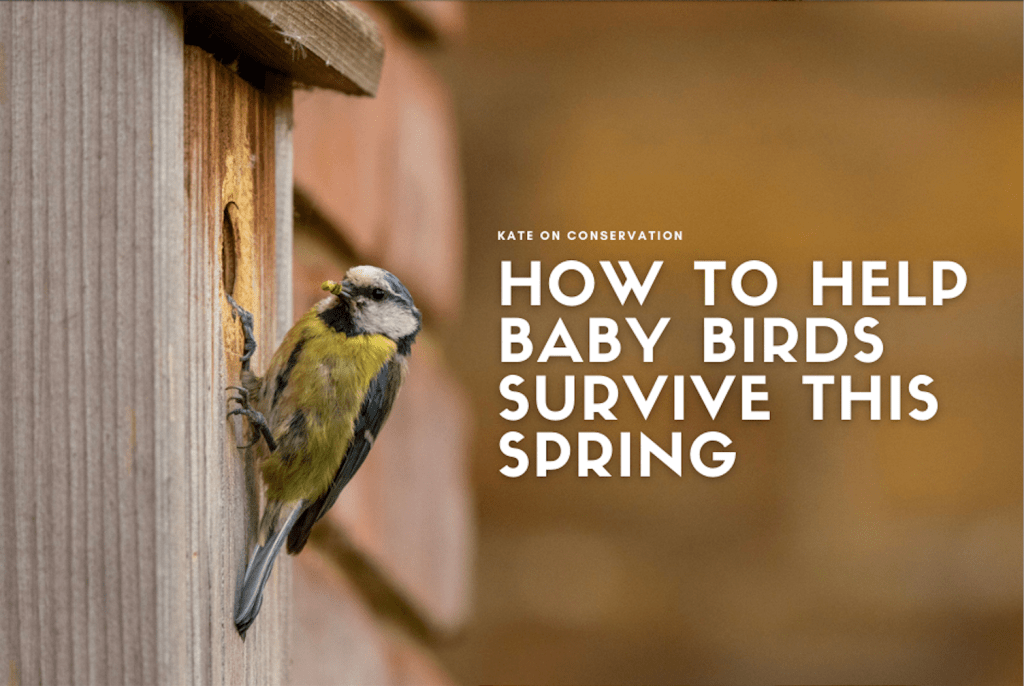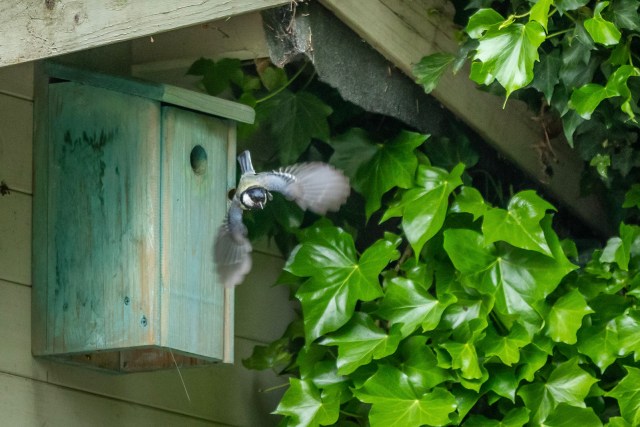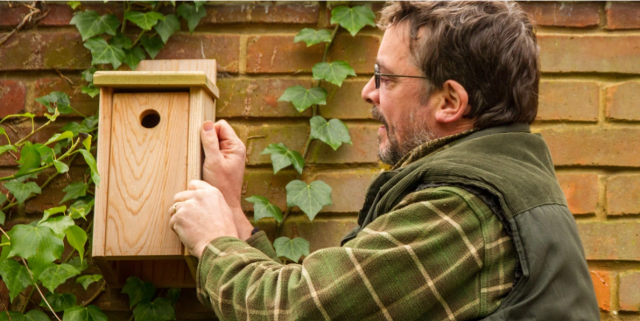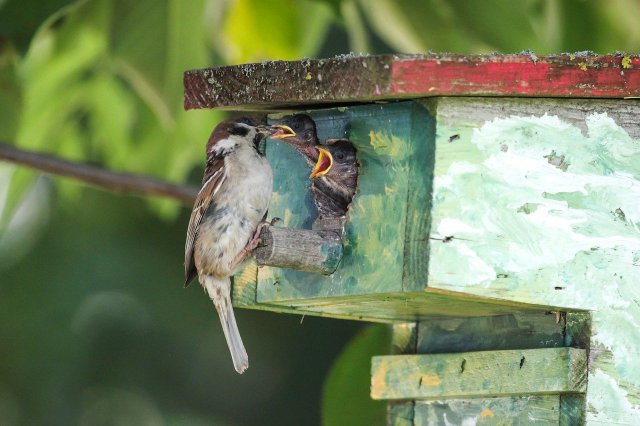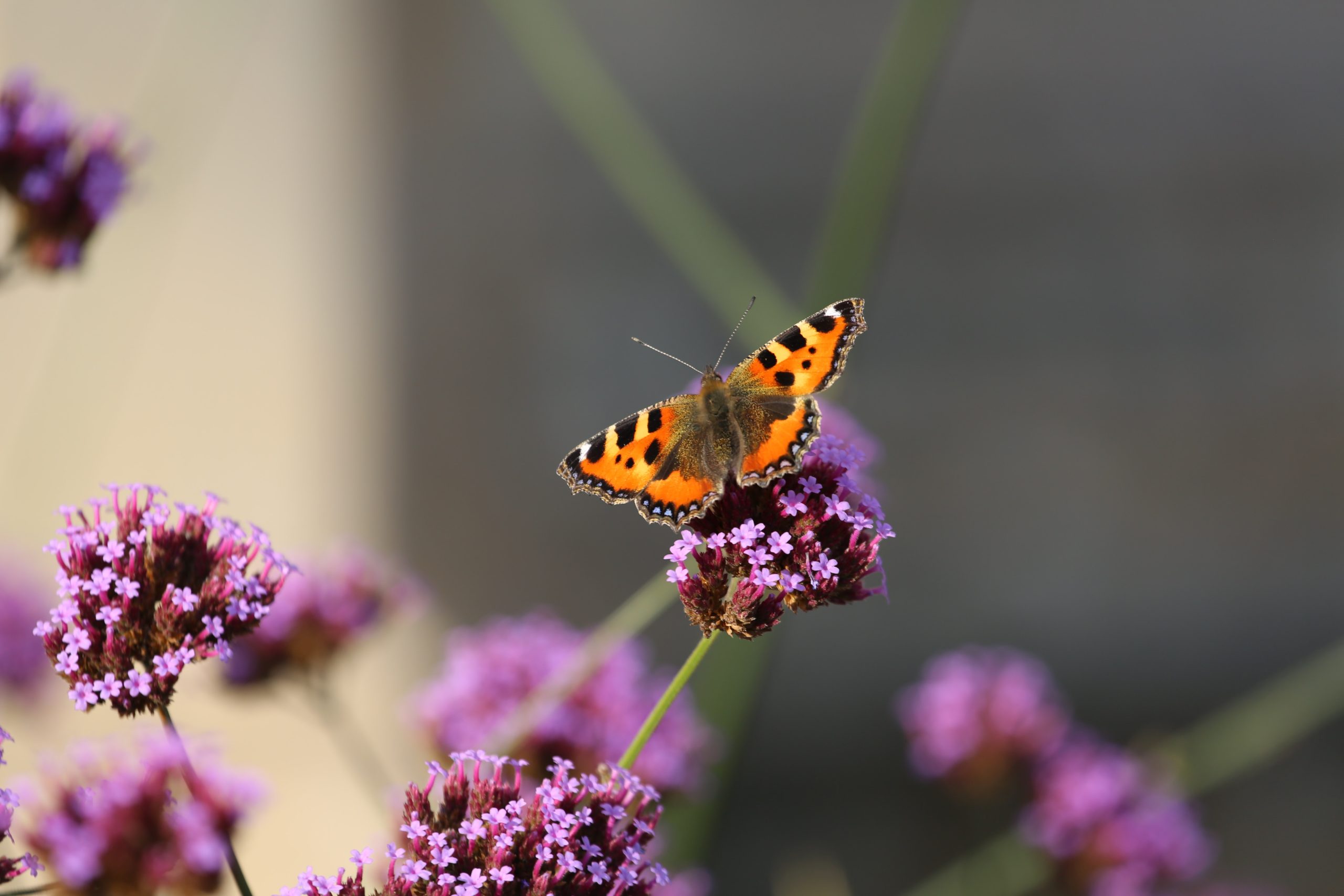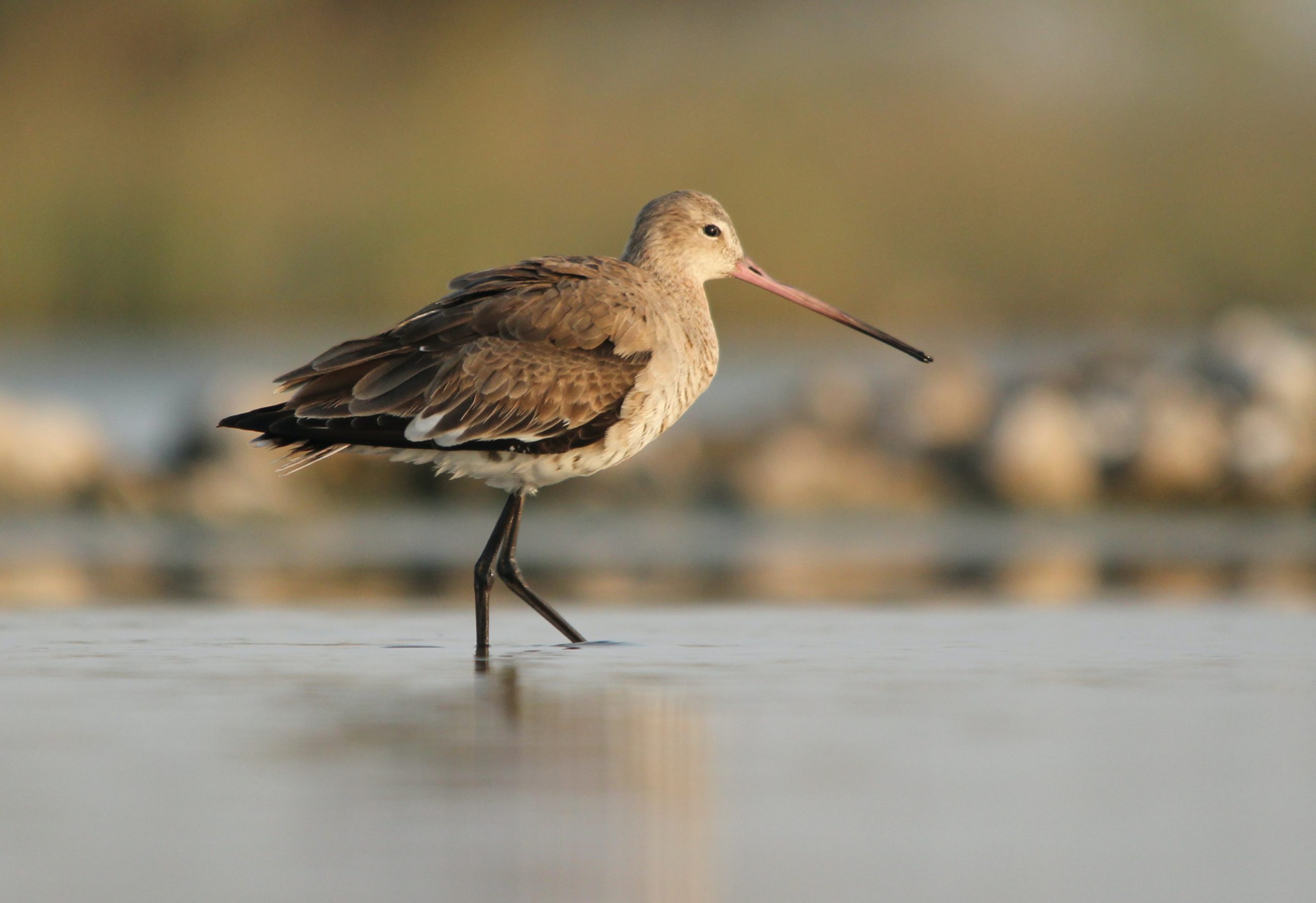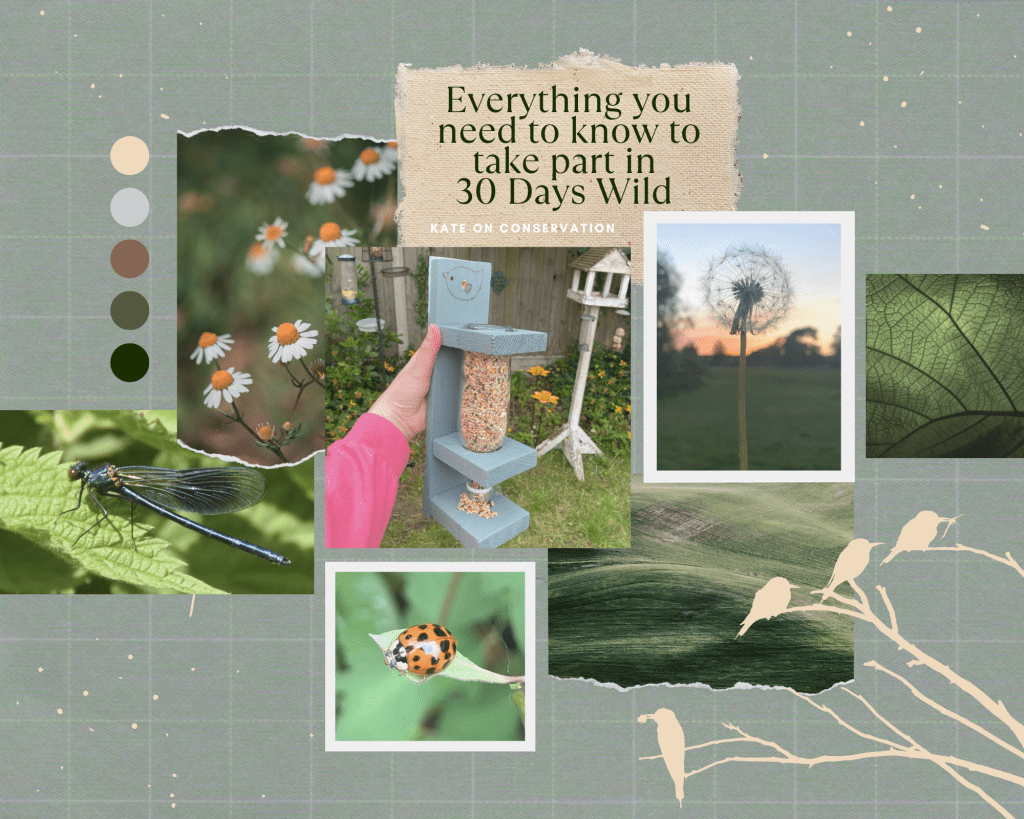[ad_1]
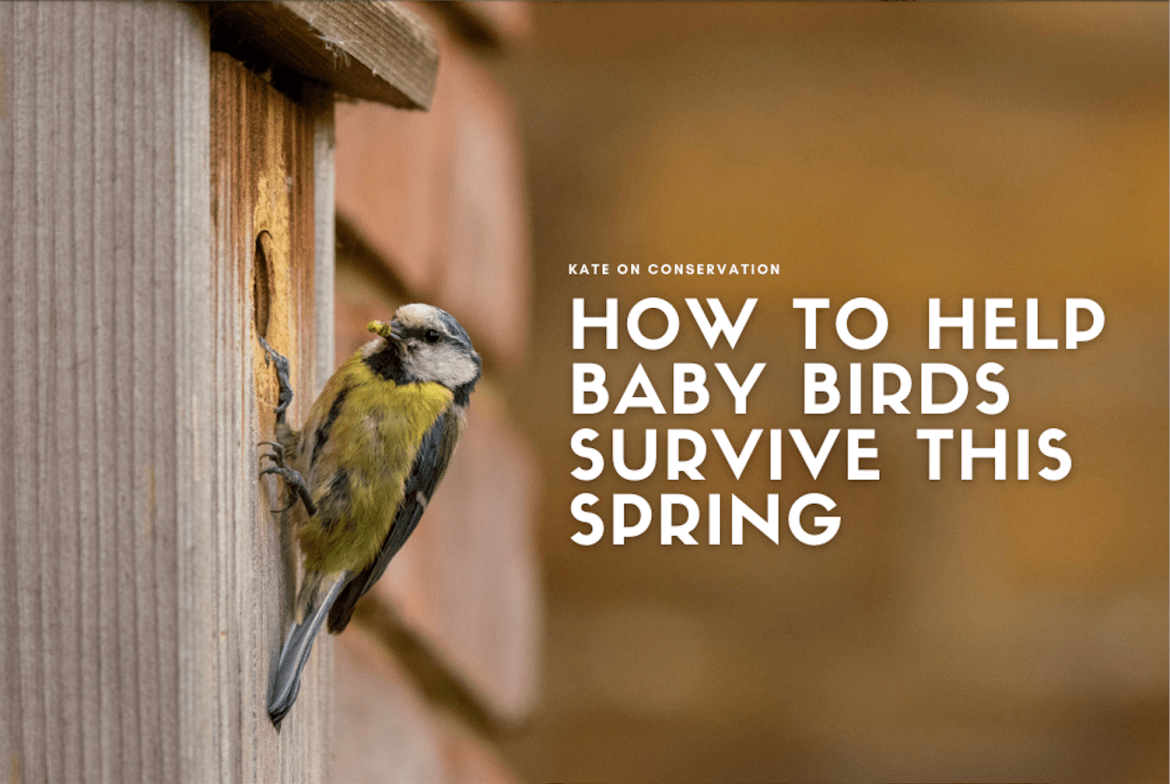
Spring is lastly upon us proper right here inside the UK, – and now’s the most effective time to help our nesting fowl species. For this customer weblog put up, Sean McMenemy from Ark Wildlife explains how we’ll assist our feathered associates uncover their good love nest and produce baby birds that thrive.
Save our baby birds this spring by establishing ‘love nests’, urges UK wildlife expert
The probabilities are on a regular basis stacked in direction of baby birds, who ought to research to fly, feed and develop predator consciousness to survive leaving the nest. In response to the RSPB, solely 37% of blue tits make it by way of their first yr of life.
Plus, spherical 90% of the world’s birds are monogamous, sticking to 1 mate at a time, nonetheless some birds are having precise trouble reproducing. So this Spring, wildlife consultants are urging most people to make ‘love nests’ for visiting birds.
Youngster birds need our help
One in 4 UK fowl species is beneath extreme menace in line with the latest Birds of Conservation Concern report and native climate change is wreaking havoc with breeding patterns. With some eggs hatching sooner than insect-based fowl meals is on the market, toddler birds have a troublesome time surviving their early days.
Sean McMenemy, founding father of Ark Wildlife, says: “Between the shortage of woodland, tidier gardens and stylish, insulated houses, our poor outdated birds are left with far fewer nesting alternate options.
Hole-nesting birds equivalent to blue tits will notably admire a acceptable nest subject. Open-fronted nest packing containers will attraction to rather more species, along with robins and blackbirds.
“Feeding birds is rewarding adequate, nonetheless nothing compares to watching a little bit of fowl take its first flight, significantly if it’s from a nest subject you arrange your self. And if we give birds additional areas to nest and provide healthful fowl meals, they’ll mate additional, which is ready to help to gradual the alarming decline in fowl species.”
How one can create a love nest for birds
Merely as us individuals all have preferences concerning the place we go on dates and raise a family, so do birds. Some, like sparrows and blue tits, favour nest packing containers with small entrances. Whereas others, equivalent to robins and wrens, need open-fronted nest packing containers. Then there are birds like starlings and woodpeckers, who need greater holes of their nest packing containers.
Sean particulars the steps for making and inserting your nest subject
1. Choose some weatherproof timber, not lower than 15mm thick
2. Use a plan like this RSPB one to cut the wood to dimension
3. Assemble the sector, using galvanised screws
4. Scale back the correct dimension hole for the birds it’s essential attraction to
5. Place the nest subject on a wall or tree (2-4m extreme for a lot of birds)
Why do some birds mate for all instances and others don’t?
Utterly totally different fowl species technique romances in a number of strategies. Residence sparrows, as an illustration, often keep reliable to 1 one other for all instances, whereas starlings usually keep companions for just one season. However, every are clearly having trouble breeding as they every perform on the pink conservation guidelines from the British Perception for Ornithology.
Most geese and swans, along with barn owls and some eagles, mate for all instances. It’d take numerous time and vitality to find a mate, so large migratory birds save their vitality for his or her prolonged journeys. Larger birds’ chicks moreover take longer to incubate and develop, so these birds don’t waste time trying to find new companions. As a plus, the longer breeding pairs hold collectively, the upper they are going to take care of his or her youthful, providing a much-needed improve to fowl numbers.
[ad_2]

